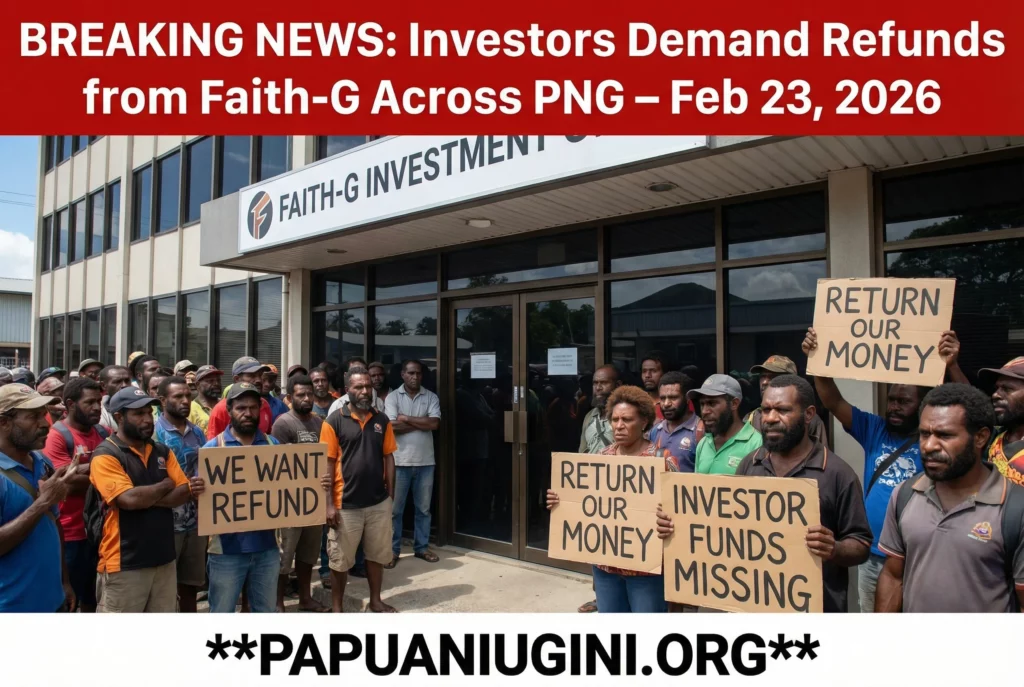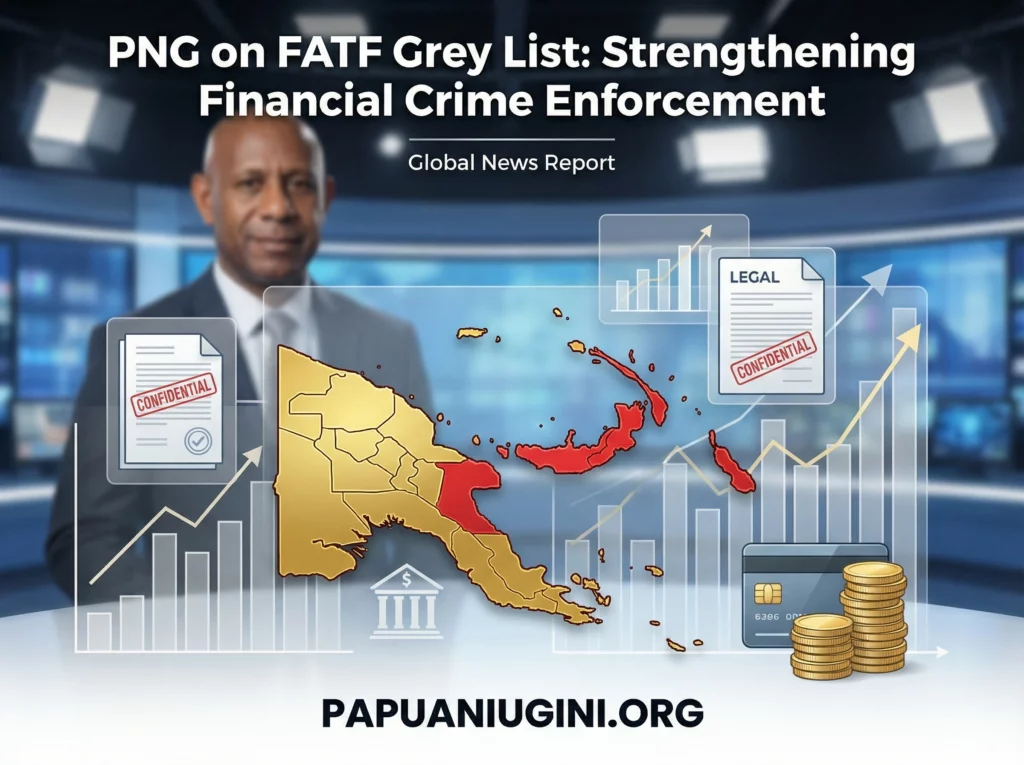In Papua New Guinea, CPI measures price changes for goods, while inflation reduces purchasing power. Rising inflation leads to higher living costs and property prices, affecting affordability. Mr. Ismael Long shares more on this here, on his Real Estate Talk. It’s worth reading!
Understanding CPI and Inflation: What It Means for Your Wallet in Papua New Guinea

Difference Between CPI and Inflation
-real estate talk-
by: Mr. Ismael Long,
CPI (Consumer Price Index) and Inflation are related but distinct concepts in economics, especially when discussing the cost of living in a country like Papua New Guinea.
CPI Explained:
The Consumer Price Index (CPI) is a measure that examines the average change over time in the prices paid by consumers for a basket of goods and services. This “basket” typically includes items like food, housing, transportation, and healthcare—things that most people regularly spend money on.
Example: If the CPI in PNG was 100 last year and it’s 105 this year, it means that, on average, the cost of goods and services has increased by 5%. So, if you were buying groceries for K100 last year, you’d need K105 this year to buy the same amount.
Inflation Explained in Papua New Guinea Context
Inflation is the rate at which the general level of prices for goods and services is rising, and subsequently, eroding the purchasing power of currency. In simple terms, when inflation goes up, the value of your money goes down because you can buy less with the same amount of money.
Example: If the inflation rate in PNG is 5%, and you have K1,000 in savings, the purchasing power of that K1,000 is reduced. What could be bought for K1,000 last year might now cost K1,050 this year.
How It Plays Out in PNG
In PNG, inflation can be influenced by factors like the cost of importing goods (since many products are imported), changes in global oil prices, or even natural events that affect local production. The CPI helps track these price changes, which then gives an indication of inflation.
For instance, if the CPI shows that food prices have increased significantly, and these items form a large part of the average PNG household budget, it could mean inflation is affecting the everyday cost of living. This information is crucial for both the government and businesses as they plan their economic strategies.
CPI measures the average price change of a basket of goods and services over time.
Inflation is the general increase in prices, reducing purchasing power.
In PNG, understanding these concepts helps in grasping how much more you might need to pay for the same goods and services over time.
Here are two impacts
1. Impact on Property Prices:
Inflation drives up the cost of construction materials, labor, and land. As the prices of these inputs increase, developers often pass on the additional costs to buyers, leading to higher property prices.
If the CPI shows a significant rise, indicating an overall increase in consumer goods and services, it reflects that the cost of living is increasing. This can translate into higher property prices, making real estate more expensive for buyers.
2. Effect on Purchasing Power
As inflation rises, the purchasing power of individuals decreases. This means that potential homebuyers may find it harder to afford property at current prices because their money doesn’t stretch as far as it used to.
PLEASE SHARE IT 🙏
More Home Ownership & Real Estate Talks from Mr. Ismael Long
Building Your Dream Home: A Guide To Navigating Costs And Mortgages
Empower Your Real Estate Dreams; Create Your Path To Homeownership
Home Ownership Made Easy In 3 Essential Steps; A Guide For Purchasing A House
Unlocking Homeownership; The Advantages of Father and Son Joint Mortgages
How To Own Your First Home In Papua New Guinea With Zero Tax
Tips For First Home Buyers in Papua New Guinea
Understanding CPI And Inflation: What It Means For Your Wallet In Papua New Guinea
Read more news and stories here. Watch online news and documentaries about Papua New Guinea here.




